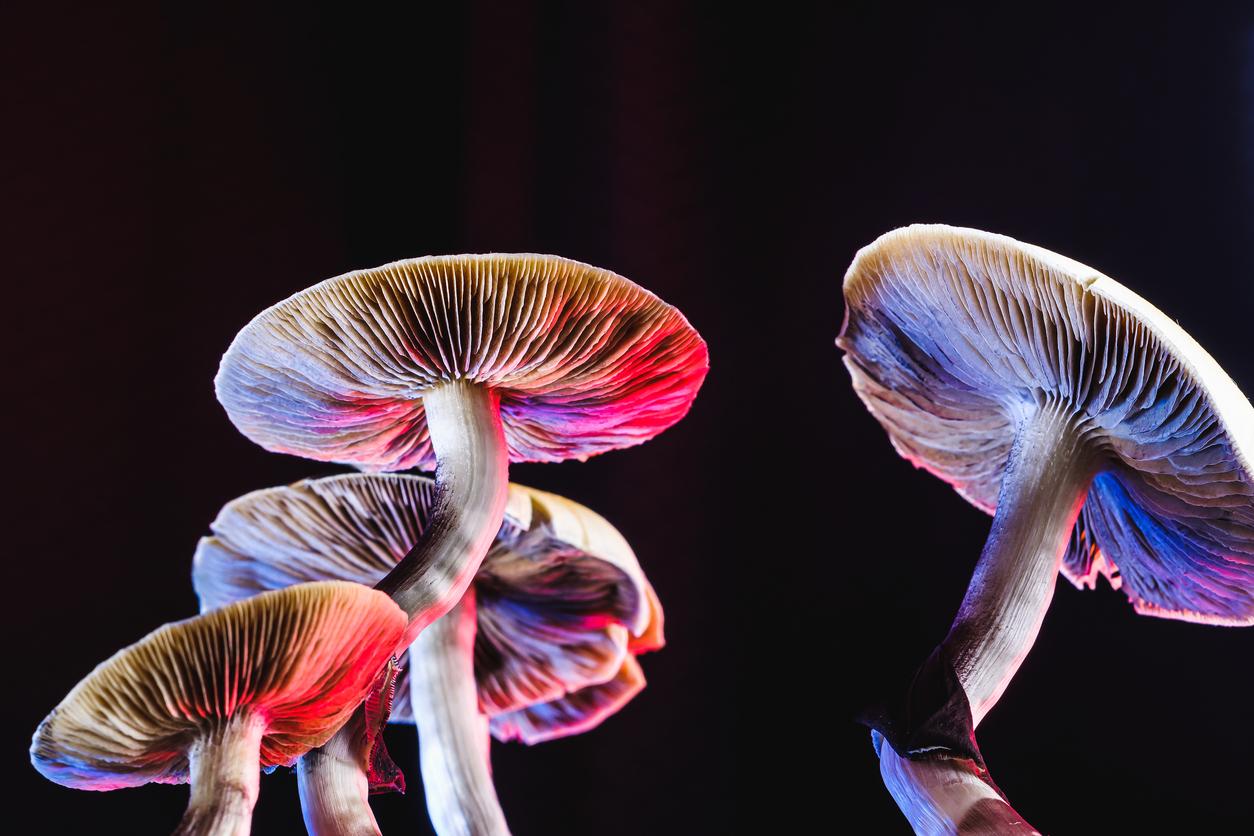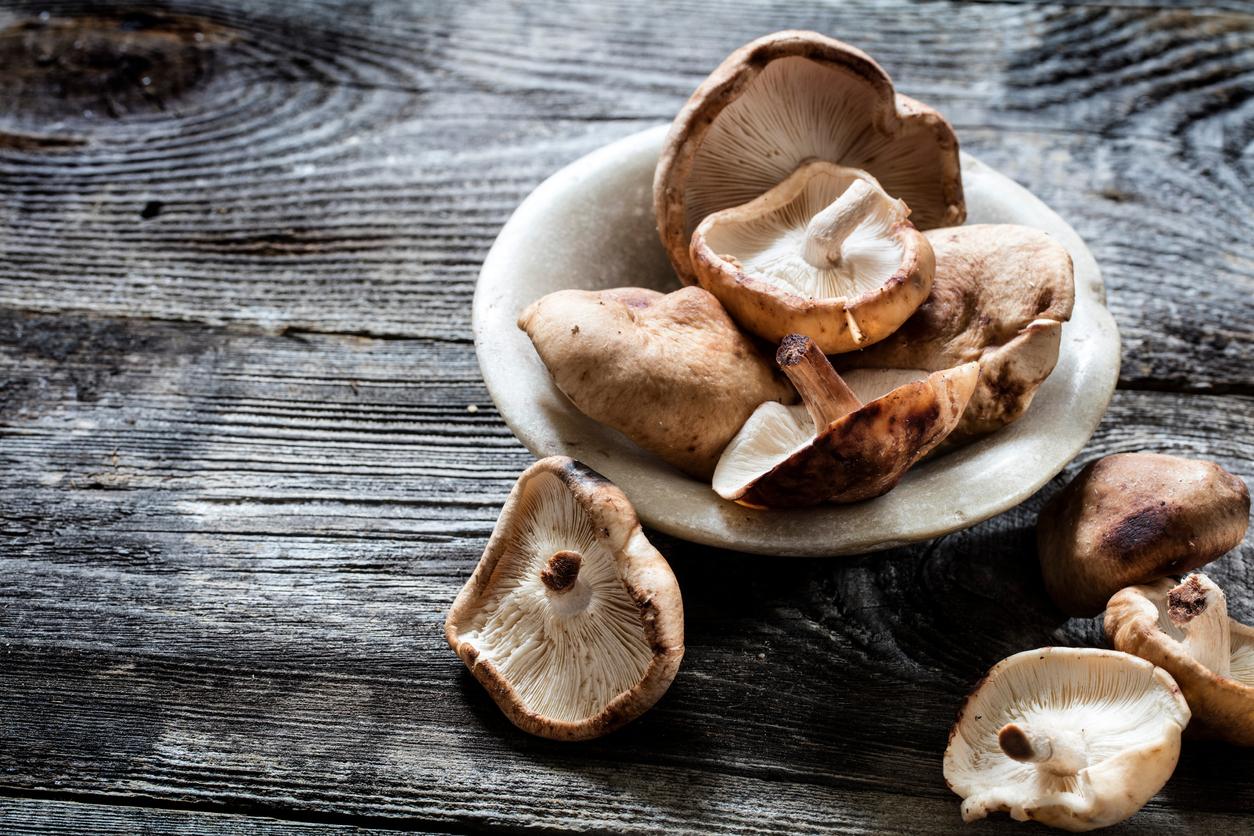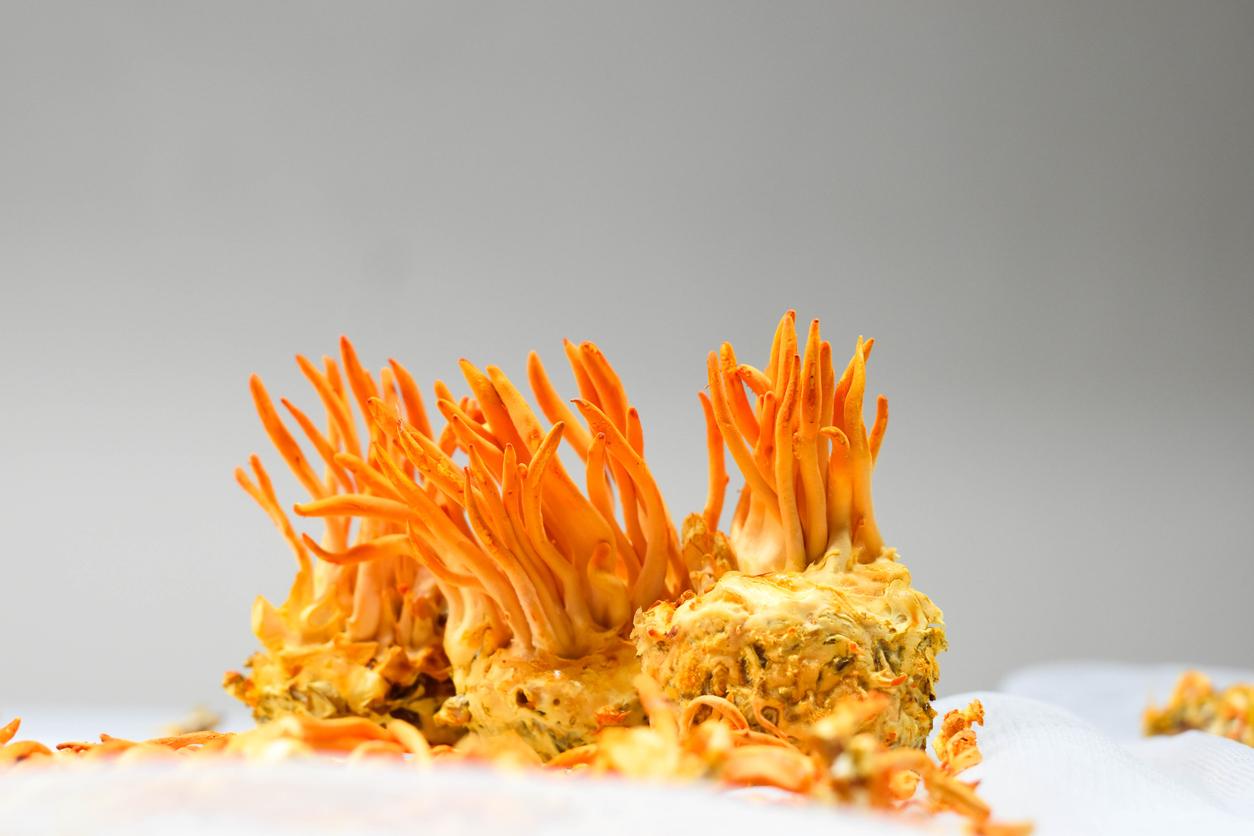Psilocybin may work on cells in the pancreas, a new investigation suggests.

- Psilocybin is a natural compound found in certain species of mushrooms.
- In recent years, its therapeutic potential has tended to be recognized for treating mental disorders.
- Researchers wanted to check if psilocybin could also fight diabetes, and their first results are rather positive.
Psilocybin may one day play a role in combating the effects of diabetes, according to research findingsa new study published in the magazine Genoa.
Psilocybin is a natural compound found in certain species of mushrooms. In recent years, its therapeutic potential has tended to be recognized for treating mental disorders.
Treatment of diabetes: why be interested in magic mushrooms?
The rationale for this study lies in the interaction of psilocybin with serotonin receptors in the brain, which are also present in the pancreas. These receptors play a crucial role in regulating the production and release of insulin, a process often disrupted in diabetes.
Diabetes is a chronic metabolic disorder characterized by high blood sugar levels that, over time, can lead to serious health complications. The global prevalence of diabetes is increasing at an alarming rate, with estimates suggesting that 783 million people could be affected by 2045. Type II diabetes, the most common form of the disease, is closely linked to obesity and to a sedentary lifestyle.
“Diabetes is a scourge for society and we are looking for different ways to contribute to the fight against this disease,” explains Igor Kovalchuk, author of the study and professor at the University of Lethbridge. “As microdosing of mushrooms is increasingly being considered to treat various illnesses, we wanted to check whether its active ingredient, psilocybin, could also have antidiabetic effects. he adds.
Treatment of diabetes: magic mushrooms have a protective effect
To do this, his team used a rat cell line. Grown in a nutrient-rich medium, the cells were treated with a specific concentration of psilocybin, chosen based on preliminary results suggesting its optimal effectiveness. After psilocybin treatment, the cells were exposed to conditions of high glucose and lipids, designed to induce the stress and damage typically seen in the pancreatic β-cells of people with diabetes.

The researchers found that cells treated with psilocybin had significantly better viability than those that did not receive the treatment. This result suggests that psilocybin has a protective effect on β cells, thereby helping to attenuate the detrimental impact of metabolic stress associated with diabetes.
“We didn’t expect psilocybin to work so well on pancreatic cells.”concludes Igor Kovalchuk.














